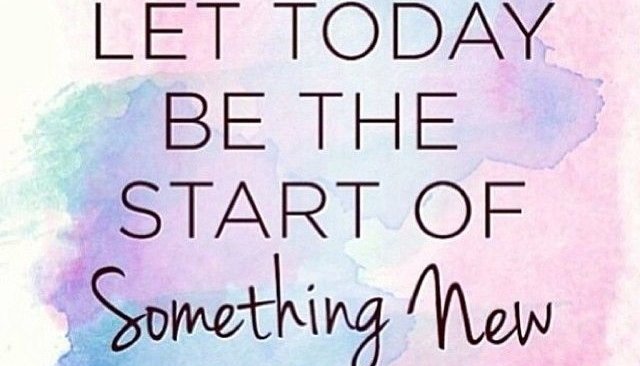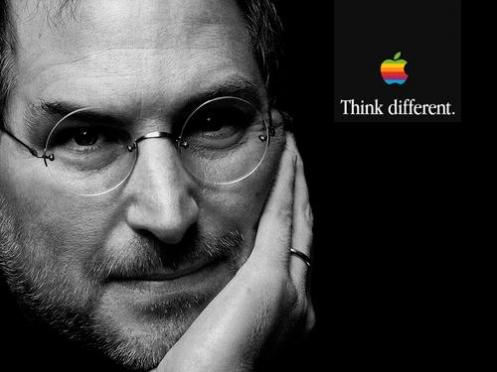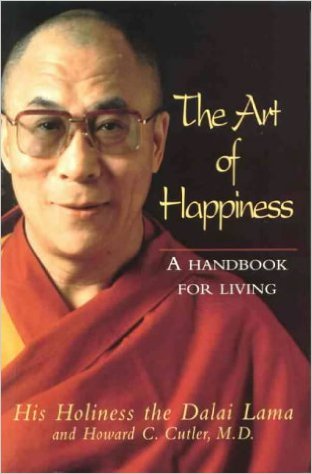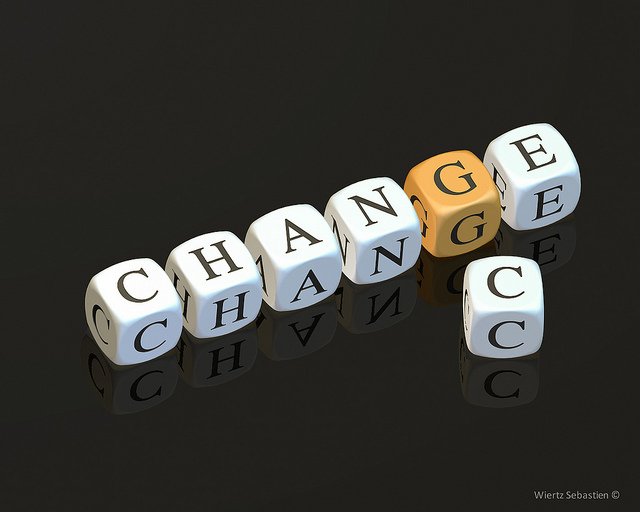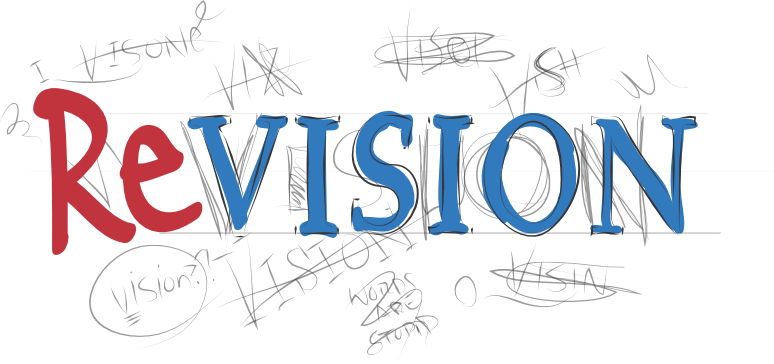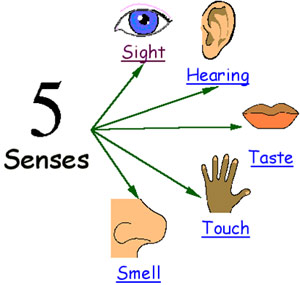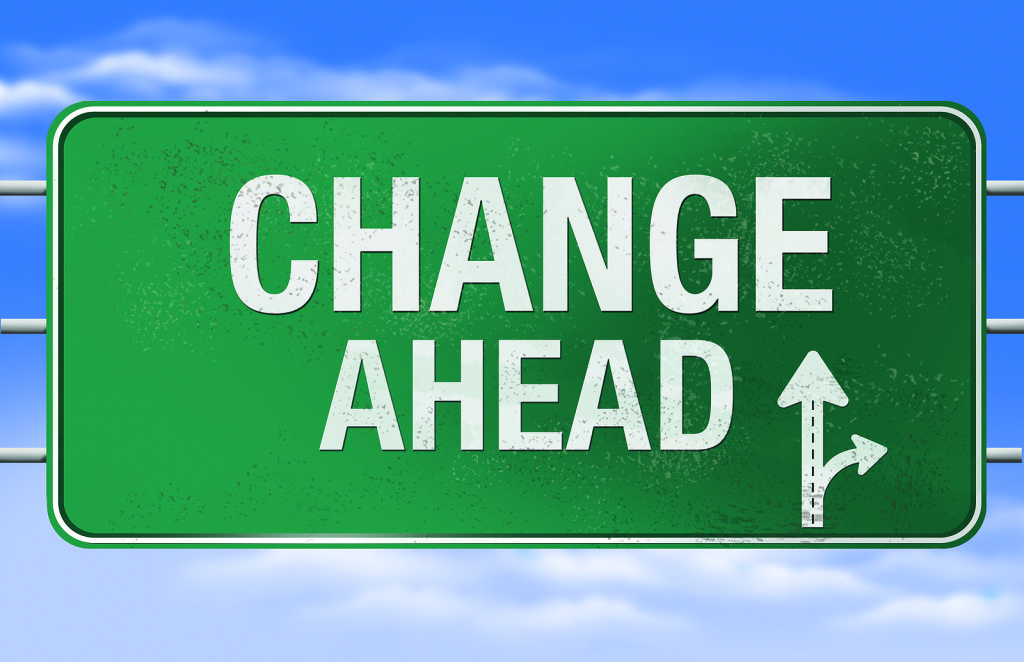“If you are irritated by every rub, how will your mirror be polished?”
-Rumi, 13th Century Persian Poet
When was the last time you visited a fine jewelry store? Imagine yourself in one, examining all the beautiful diamonds and gem stones.
I am sure that If you were to go back in time to when these stones were pulled form the earth, you wouldn’t recognize them. They would be dull, rough, and unremarkable. It takes considerable rubbing and skilled cutting to bring out their brilliance.
EXERCISE:
How and where can you examine and appreciate the daily rubs of life as experiences and resources to bring about your personal and professional brilliance?



